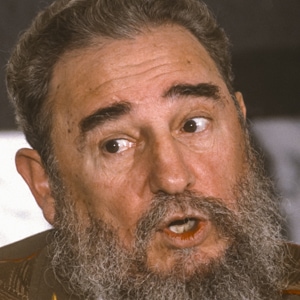Several milestones, stresses and changes will converge to produce an uncertain economic outlook for Cuba this year, says Paolo Spadoni, associate professor of political science at Augusta University and author of “Failed Sanctions: Why the U.S. Embargo against Cuba Could Never Work” and “Cuba’s Socialist Economy Today: Navigating Challenges and Change”. “The year 2017 is a confluence of many factors that really raise the uncertainty,” he says.
Raúl Castro, who took over the Cuban government from Fidel Castro in 2008, will be winding up his last year as president and stepping down officially in early 2018. Although there is little evidence that Fidel continued exerting serious influence after leaving the presidency, Raúl can be expected to retain influence over the economic reform process after his retirement. “Although Raúl will step down, it doesn’t mean that the old guard will all of a sudden disappear,” Spadoni explains. That should slow reform and take a toll on the country’s economic future.

Although the old guard continues controlling the pace of reforms, greater changes are necessary to increase productivity and efficiency and, therefore, generate higher growth rates. The emphasis on central planning, combined with the general prohibition on accumulation of personal wealth and private property in the national plan known as Conceptualization Del Modelo Economico Y Social Cubano de Desarrolo Socialista, has slowed economic progress, Spadoni says.
Cuba’s relationship with Venezuela will likely continue eroding, owing to volatile oil prices and the political uncertainty there. In exchange for oil, Cuba provides medical and other professional services along with reduced cash payments linked to current oil prices. Meanwhile, Venezuelan investment in Cuba has stalled for major projects, such as an upgrade of the refinery in Cienfuegos.
Tourism generates large revenues for Cuba, but industrial inputs such as hotel furnishings have to be imported, and infrastructure improved. In the interim, commodity prices on major exports, such as sugar and nickel, are likely to remain depressed.
Statements by US president-elect Donald Trump and his representatives, moreover, have suggested a slowing in normalization of relations.



